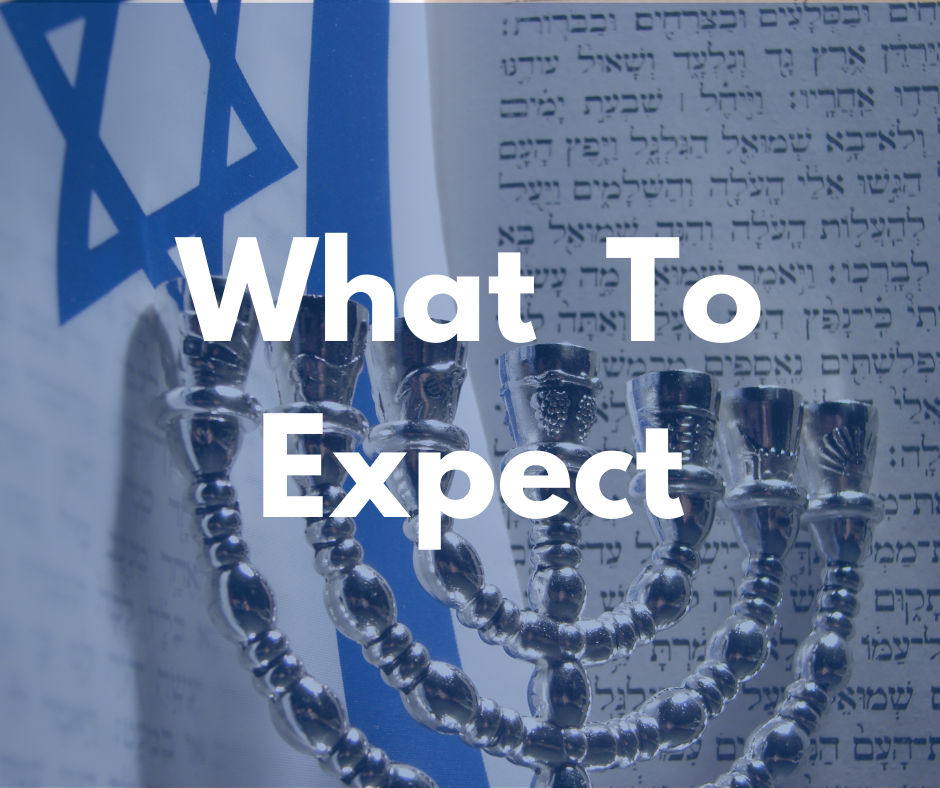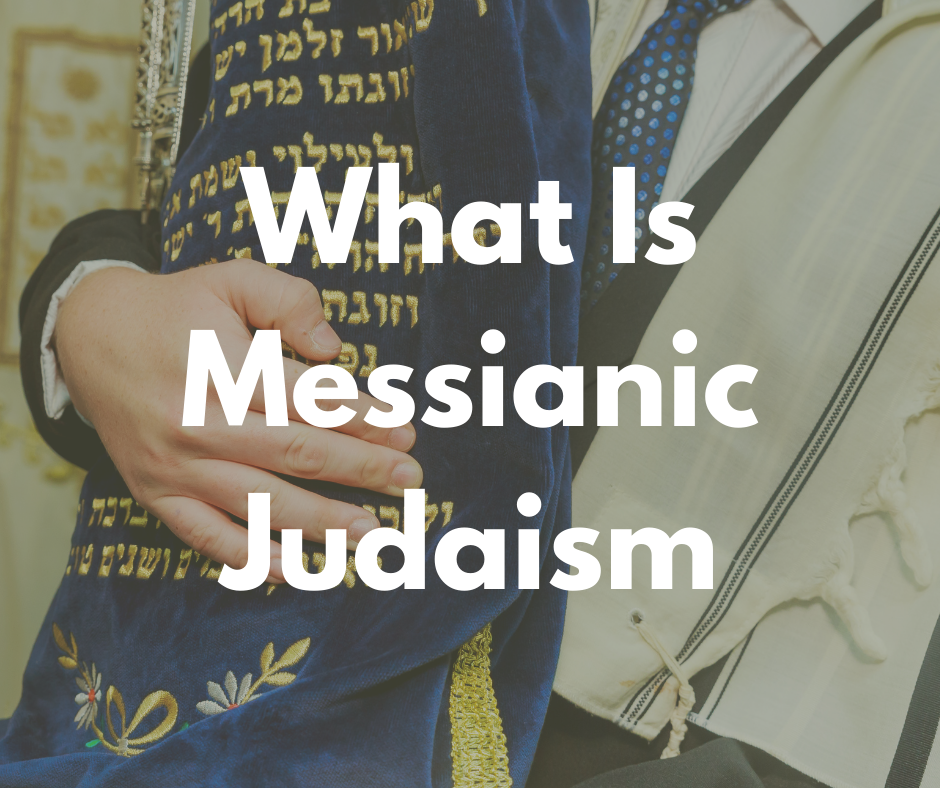We worship God and our Messiah Yeshua (Jesus) based on the Jewish root of our faith. The early Believers, including the Apostles were Jewish and we seek to worship anchored in that faith-practice (Judaism). We are a mix of Believers who come from a variety of backgrounds, some with a Jewish background and some without. Some have a church background, and some do not.
We are a house of worship where everybody wants to worship, gain more knowledge and be around people who genuinely care as a community.
Meeting at:1900 Evergreen Drive, Rapid City SD 57702. Use the parking lot off Evergreen Dr and follow the signage.
The best way to contact us is via email. Also, join one of our newsletter lists. You can also use the contact form.
We meet every Saturday. Prayer is at 9am, service is at 10am with a Bible study class at 12:05pm. We also have Bible studies on Sunday and Tuesday.
Weekday online reading and prayer time will start in September.
Torah Club is a weekly Bible study looking at the Bible from a 1st Century Jewish perspective. We seek to grow in our understanding of the God of Israel and His Messiah Yeshua, get a deep understanding of Scripture, and live it out. Material for Torah Club is from First Fruits of Zion who administers the program. Rapid City has two Torah Clubs. On meets on Sunday and the other one meets Tuesday evening. You can register at TorahClub.org
Torah means “teaching” and usually refers to the first five books of the Bible where the the covenants, “the Law” and the early history of the interaction between God and His creation are presented. Torah can also mean all of the Hebrew Bible (Tanakh or Old Testament).
Messianc Judaism considers itself as a sect of Judaism that teaches that Jesus (Yeshua) of Nazareth is the Messiah, the Brit Hadashah (“Newer Testament”) is true, and the kingdom is at hand. The early believers were Jewish until Cornelius came to faith around 39AD. The sect was known as “The Way.” Christianity, on the other hand, did not evolve until the end of the 2nd Century.
Yes, we celebrate the feasts, fasts and all traditional common holy days and holidays. We believe that these are Biblical. (see the distinctiveness FAQ below)
We meet on Saturday because it is the 7th day of the week, the day declared His Sabbath forever. (We also have Bible study Sunday and Tuesday.) The Sabbath was declared by Him for Him but it calls for a convocation (assembly) of His people.
We know from both the Bible and historians that early Believers met in the synagogues on Saturday and also on Sunday. We should worship God and Messiah every moment of every day! So getting together on Sunday is perfectly acceptable. The Sabbath is still the Sabbath and that has always been a day of rest and a day of assembly. Churches generally meet on Sunday because of a tradition instituted by the church fathers, but the Bible never switched the Sabbath.
For us, we prefer to meet for worship, study and fellowship on the Sabbath (Shabbat) following the Biblical pattern. There’s nothing that precludes getting together on the first day of the week (Sunday) to celebrate the resurrection, too! We need to worship our God and Savior all the time!
There are 350 Messianic congregations in the U.S.
The makeup of most Messianic communities / congregations is nearly 50/50 Gentile Believers and Jewish Believers, but varies on locale.
A Pew Research study in 2021 suggests that there are about 875,000 Jewish Believers in the U.S.
We are not affiliated with Jews for Jesus. Our primary purpose to build a fellowship where both Jewish Believers and Gentile Believers can pray, study and fellowship, retaining their Biblical distinctives. Another goal is to build a bridge between Christians and Jewish people, providing an educational and theological resource for both groups.
We are a not a church or a synagogue in the common sense of the terms. We are a congregation of believers (Jews and Gentiles) who seek to better know and understand the Scriptures from 1st Century Jewish perspective. We seek to let the world know about the Good News that Yeshua is Messiah.
We welcome you! Navigating between Jewish and Christian tradition, worship styles and theology can seem daunting. We want to come alongside you on the journey!
An emphatic “no.” No person can be saved by the Law, but scripture is clear that Yeshua said, “if you love Me do my commandments,” that not one jot or tittle will go away until all is fulfilled (the New Jerusalem is established). He never every spoke against either the Law or the Temple because He established both.
HaShem means “The Name” which is the unspeakable or unpronounceable name of God.
Briefly, Jewish believers and Gentile believers have distinctive roles in this part of the Messianic era. Gentile believers are grafted in but do not become Jewish. They are adopted as a child of God but do not go through a ritual to converted become Jewish. Gentile believers are not to be circumcised because there is no need to become Jewish since salvation is by faith through grace in the finished work of Yeshua our Messiah. There is no purpose or need for a Gentile to become Jewish, and scripture says we need to maintain the distinction between Jews and Gentiles.
The beauty is found in being a unity in the community of Yeshua; we are not homogeneous. In recognition of our distinctive roles, Jewish believers do not become gentiles and can (and should) maintain tradition and cultural distinctiveness in Yeshua.
The commands (Laws) are for Jewish believers and Gentile believers to the extent that they are appropriate for Jews or Gentiles, location (some are only for dwellers in the land of Israel), role (for example some are only for priests, men, women, sojourners) and the Temple. No one is or ever has had to follow all 613 commandments.
“One Law” and “Two House” movements have been shown to be poor readings of the texts for more than 20 years. We believe that Jewish believers maintain their Jewish identity and Gentile believers maintain their identity. While it is difficult to navigate, we wish to maintain Jewish cultural and covenant markers and not appropriate Jewish culture and tradition to gentiles. To this end, we maintain a position that gentiles must have a personal calling from God to be Torah observant and it is not a requirement placed upon gentiles.
Yes, as determined by the Jewish authority invested in Jewish leadership (Deuteronomy 30). Simply put, we follow the standard, commonly used Jewish calendar. The basis for this view is that the Sanhedrin always made calendar determinations based on the testimony of witnesses (observing the new moon, for example) and the current calendar has been in use for centuries. In addition, we wish to be in unity with Israel.
It is not required and here in western South Dakota and eastern Wyoming kosher food is difficult to find. The Biblical standard for Gentiles is Acts 15, which actually encompasses a lot of the kosher diet, works well for most.
That said, God deemed certain food as “unclean” and we ought to respect God’s word. Non-Jewish believers will be guided by the Holy Spirit to increasingly become more observant. Jewish believers ought to maintain Biblical dietary requirements. We do what God says to do because we love Him (as Yeshua said, “if you love Me, do My commandments”).
The Messianic Fellowship of Rapid City and Yirat HaShem Ministries are filed with the IRS as a church/synagogue, making donations tax-deductible. There are links on the website for donations. Or, you can mail checks to Yirat HaShem Ministries, PO Box 3916, Rapid City SD 57709.
In addition, Chris Orr is a ministry associate with Global Service Network (see the “Donate” link at the top of the website). Donations through GSN are tax deductible.
Our Messianic Fellowship is a community of believers, assured that Yeshua (Jesus) is the Messiah promised by the God of Abraham, Isaac and Jacob. We do not call ourselves a synagogue because we do not do everything that a “traditional” synagogue does. Nor do we want to confuse anyone into thinking that we represent anything other than Messianic Judaism. In Greek, we would be called an ekklesia, “an assembly.”.






